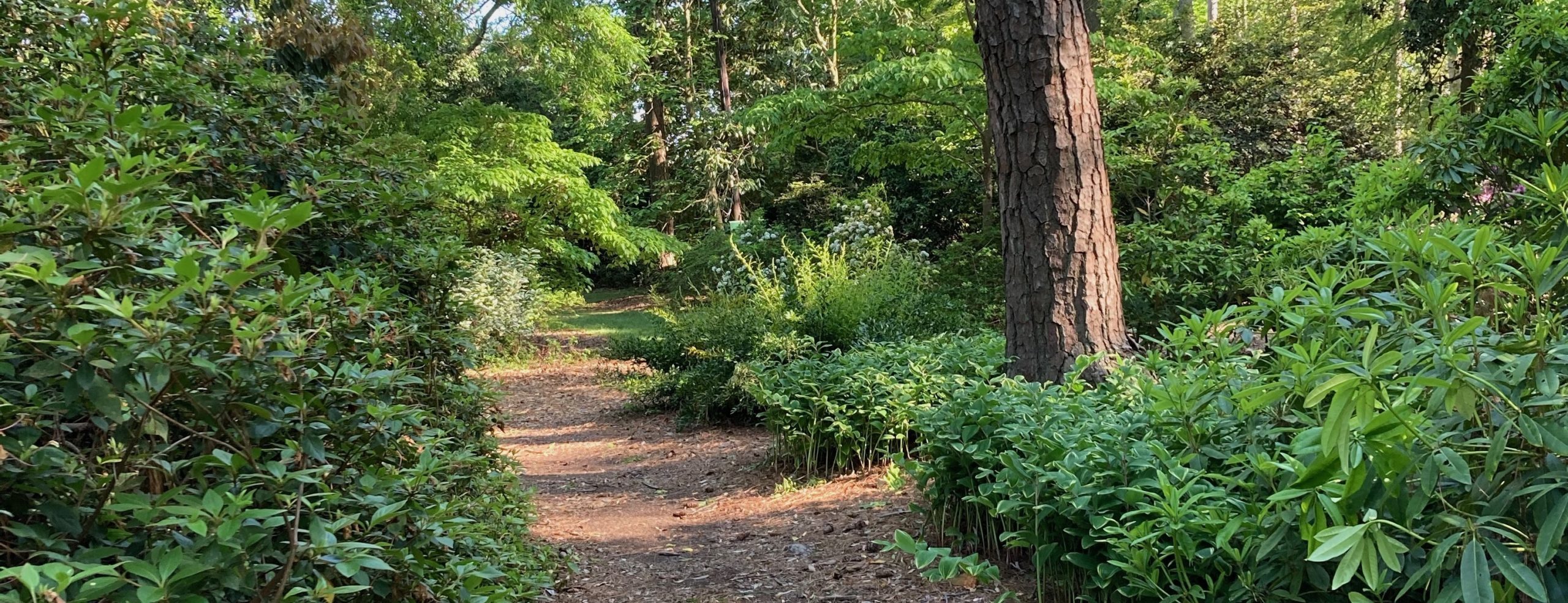 Book 1, Earthseed novels
Book 1, Earthseed novelsBy Octavia Butler
Open Road Integrated Media, Inc., ISBN: 971-1-4532-6542-0
Paperback, 320 pages. © 2012
(Originally published by Four Walls Eight Windows, 1993)
It is 2024. America has all but collapsed under climate crises and economic duress. Only the very rich or powerful live without fear. Everyone else is on their own. Lauren Olamina lives in a crowded home with her father, stepmother, and stepbrothers in a walled cul-de-sac neighborhood in Los Angeles. Within the walls, there is food, shelter, clothing, medicines, guns–everything a person needs for a reasonable, if isolated life. But neighborhood residents keep watch day and night, for those people outside the walls will kill to take their homes, their food, their shoes. Those outside the walls are starving. Dying. As long as the residents of the neighborhood are watchful, careful, they are safe. But walls can be climbed. Razor wire can be cut. Guns can be found outside the walls too, and when the outsiders decide they want in, there is no stopping them.
Lauren saw it coming. At 18, she’s as ready as she can be when the walls come down. Dogged determination to survive drags her through the first few days on the outside. Belief that God is change keeps her true to what’s right. Her nascent religion, Earthseed, draws people to her as she and her ragged band start walking north along the highways among throngs of the displaced. It’s chaos. It’s violent. And it’s hell for Lauren, who is a Sharer, and feels the pain she imagines in others around her—especially when she is forced to kill in order to save herself and her followers.
Parable of the Sower is told through the journal entries of Lauren Oya Olamina, who starts the story as a young adult, still at home with her family. In her pages, she shares the daily events of life in their walled community, as well as news about what is happening outside. Through her eyes, we see the hardships they bear, as well as the blessings, and come to understand the compromises they’ve all made for their small piece of land and the security it offers. We also see Lauren’s fear when the experienced adults take the younger adults outside in groups and, later, when she flees the madness the outsiders bring when they invade the neighborhood, and burn the whole thing to the ground.
Lauren’s story is a classic Hero’s Quest. Everything she knew is literally ripped from her and destroyed. Thrust into an unfamiliar landscape, she must somehow learn to survive. Homeless, she undertakes a journey to a distant destination, enduring trials that will either kill her or strengthen her. And along the way she gathers followers who all have something to offer her goal. Yet though the story may follow a classic formula, its execution is so outstanding I could not put the book down. I found myself captivated by the heroine and her dedication not only to her cause, but to the people around her. I’d like to think I would be as strong as Olamina if I were put to the same tests. Perhaps we all hope for the same strength. Truth is, we never know until the test is in progress. Lauren, too, has her doubts. Her struggles feel so real, so intimate, it was almost as if I were in her shoes.
The thing that surprised me most about Sower is that it is so frightening. This book was published in 1993, and yet it feels prescient. Its horrific circumstances and setting feel imminently plausible here and now. I can easily imagine U.S. citizens reacting in these ways, and it stands my hair on end. Sower will resonate closely with anyone who fears for our future, and the choices our leaders have made not just in the political arena but regarding climate issues as well. For those who are on the fence about these things, Sower may be a nudge toward belief in the need for big changes, and a preview of what to expect if we don’t.
I can’t recommend this book enough, though I do caution the reader to go in knowing this is not a light-hearted read. Sower will sink into your bones, shadow your dreams, and force you to think about the “What ifs” in our not-so-distant future.


Wow, this book sounds absolutely chilling. To make a hero’s quest believable, I think you need to tie it to some credible, tangible reason to hope for more. And where does the ability to hope come from? At this time in the life of our planet and our own deadly species, we must consider and honor whatever that is. Thanks for this review. I’m going to read this book.
The second book in the set is even more chilling. Check the site later tonight for a review.